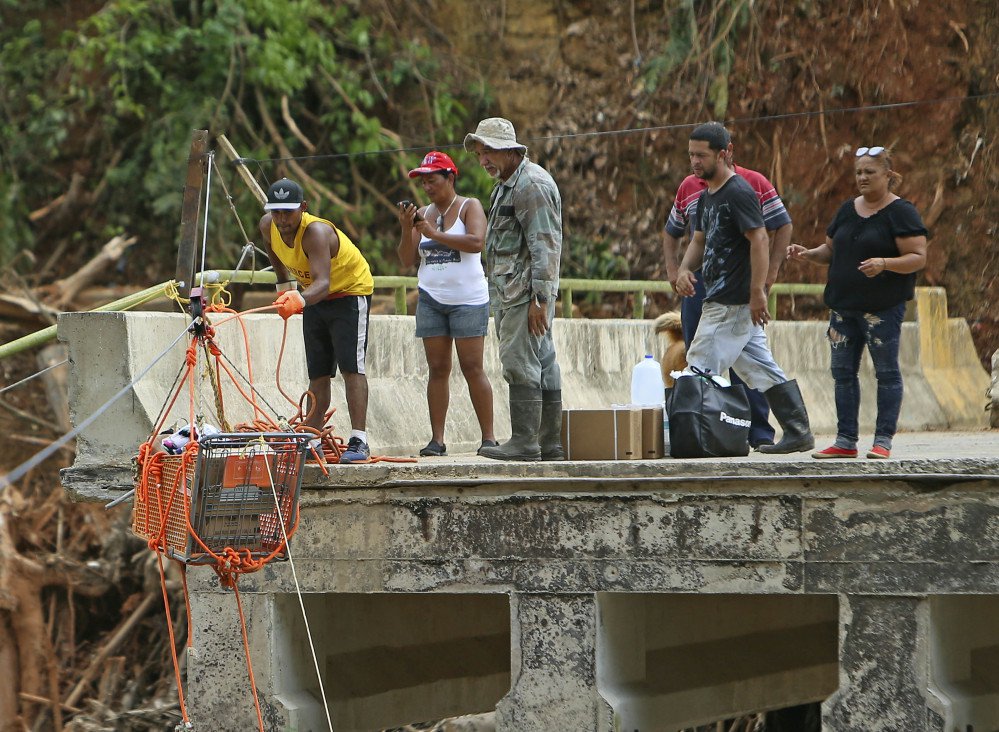It has been two months since Hurricane Maria made landfall in Puerto Rico, yet most of the island’s 3.4 million residents are still without electricity in what ranks as the largest blackout in U.S. history. No one has a clear handle on when the lights will be back on. Other problems include damaged homes, people in shelters, lack of access to clean water and, The New York Times reported, fears of a full-fledged mental health crisis.
Nonetheless, Lt. Gen. Jeffrey Buchanan, the Army general who led the military’s response to Maria, announced last week that troops would begin to wind down operations. He explained that the military’s mission — clearing roads, search-and-rescue work, helping restore communications, opening ports — was over. The long-term work of rebuilding was now up to the local government and federal agencies such as the Federal Emergency Management Agency.
FEMA officials say they will be there for the long haul. That’s good to hear. Also good is the decision by the Trump administration to not just rebuild but also allow for enhancement and improvements in infrastructure projects. So, for example, a traditional power grid could be replaced with solar- or wind-power components. Getting Congress to approve the necessary resources will be key.
Puerto Rico’s governor has asked for $94.4 billion, a request that hasn’t been helped by the troubling questions that have been raised about the decision of the government power company to give a $300 million no-bid contract for energy restoration to a small startup firm based in Montana.
Gov. Ricardo Rosselló canceled the contract, and the head of Puerto Rico’s electric utility has resigned, but the lingering questions, as well as doubts that have been raised about the government’s official death toll, underscore the need for Congress to not just write a check but also ensure the money will be put to its best use. If Rosselló is unable to provide that assurance, Congress should consider whether the federal oversight board put in place last year to supervise Puerto Rico’s finances should be given more authority to help speed recovery.
Editorial by The Washington Post
Send questions/comments to the editors.



Comments are no longer available on this story